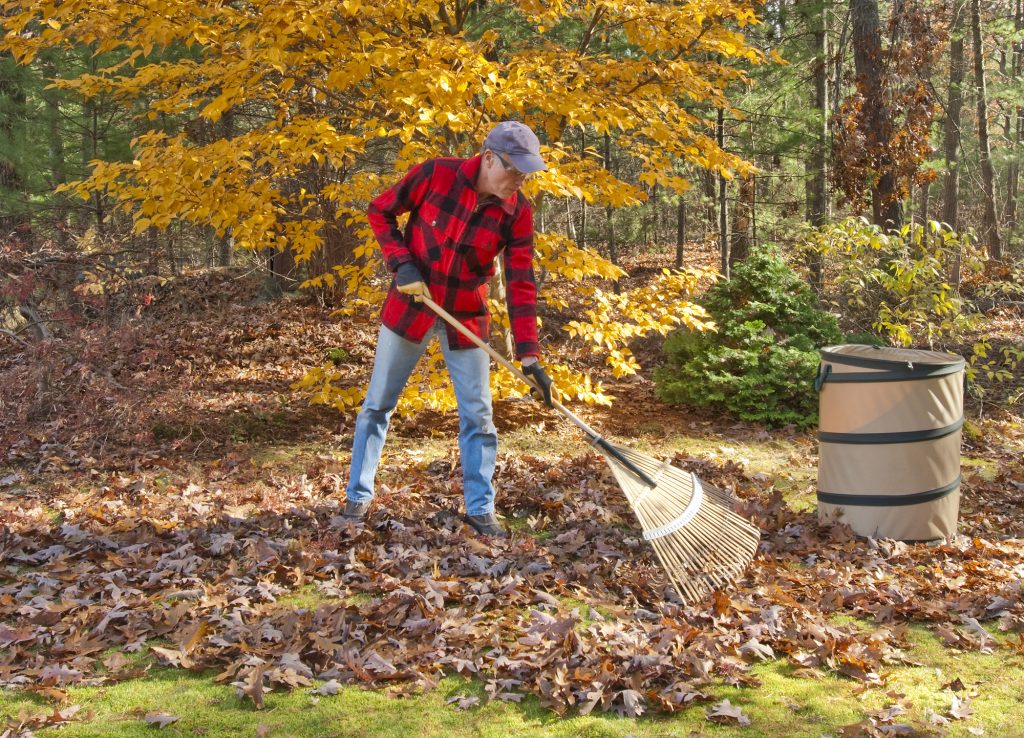Every gardener has attempted (or considered) growing plants that are not native to their climate zone. You see a beautiful plant thriving outside the Pacific Northwest and think you should try growing it in your garden. It’s easy and, oh, so tempting to slip into “zone denial.” But, before you get started, read this post to the end.
What is Zone Denial?
Zone denial is the growing of plants in a climate zone outside where they usually thrive. More specifically, it involves growing plants that flourish in a milder winter climate in your Pacific Northwest garden.
Plants from outside your climatic zone likely have exciting characteristics that add an extra punch to your garden. They may have unique flowers or leaves that will make your yard stand out from all the sameness in your neighborhood.
However, zone denial requires a lot of work to get your plants to flourish and is very risky. You may nurture that breathtaking White Bat Flower through a winter or two. When you saw it on a trip to Southern California, you thought it would provide a fabulous statement piece for your garden. But, when it’s unable to withstand the climatic condition, it dies. So, if you’re considering zone denial, be prepared to adjust your climatic condition to suit the plants.
Surviving Zone Denial
To stand a chance of plants best suited for another zone surviving in your region, you’ll have to adjust your climatic conditions. This means adjusting climatic parameters like temperature, sunlight exposure, water, and even wind.
For instance, if the plant can’t withstand the cold, you can use a mulch to protect it from the freeze. If it’s from a climate that doesn’t have full sun, grow it under shade. And, for plants that can’t withstand a windy environment, consider planting them in a greenhouse.
Also, sometimes, it isn’t the climatic condition that makes zone denial fail. Other vital requirements to help the plants survive might not be provided in your area. For instance, providing the perfect soil composition. Does the plant thrive in loam or prefers heavy clay? And, how about the pH?
The bottom line is that you can overcome zone denial works if suitable conditions exist. Thus, if you’re considering planting plants that aren’t recommended for your zone, ensure that you meet all of the plant’s requirements to help it thrive. Although, keep in mind that you may do everything right, and the plant would still die simply because it’s out of its elements.
Need help cultivating a plant from outside the Pacific Northwest? Reach out to us at Levy’s Lawn & Landscape for more zone denial tips.
